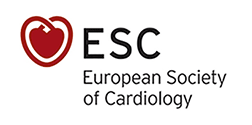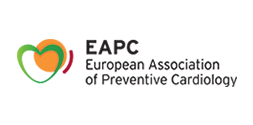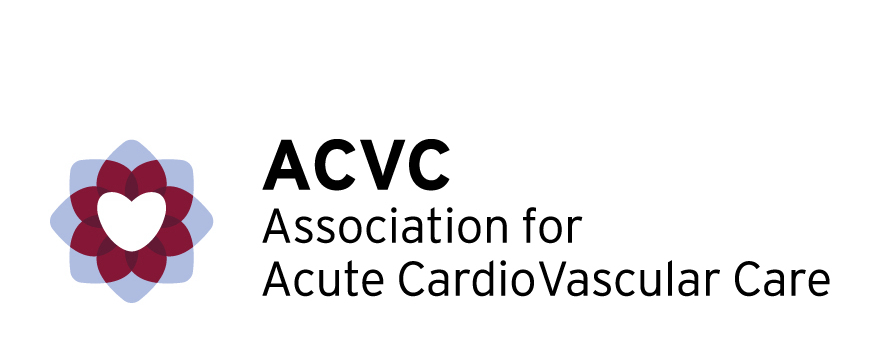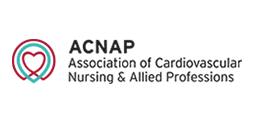Making the healthy choice the easy choice
Governments and non-governmental organisations (NGOs) can make it easier for individuals to make healthy lifestyle choices. Legislation, taxes, marketing restrictions, and well-designed built environments encourage citizens to be physically active, eat healthily, quit or never start smoking, and limit alcohol consumption.
 At international, national and local levels there are governments and non-governmental organisations concerned and responsible for promoting and enabling healthy lifestyle changes. These include the World Health Organization, the European Union, national and local governments, health authorities, heart foundations, consumer bodies and patient organisations.
At international, national and local levels there are governments and non-governmental organisations concerned and responsible for promoting and enabling healthy lifestyle changes. These include the World Health Organization, the European Union, national and local governments, health authorities, heart foundations, consumer bodies and patient organisations.
Schools should create an active and healthy environment for students, while educating and stimulating them to adopt and maintain a healthy lifestyle. Similarly, workplaces should encourage physical activity and healthy eating and discourage smoking. Urban planners can make it easier for people to walk or bicycle to school or work.
Diet
 Restricting the fat, sugar and salt content of processed food is an effective way to improve what people eat, sometimes without even noticing. Some countries have banned trans fats in food. Many countries are working with the food industry to lower salt and sugar levels. Pricing also influences behaviour, and taxing unhealthy foods (for example a fat or sugar tax) or subsidising healthy options can prompt changes in dietary habits. Consumer awareness campaigns on healthy foods and clear food labels can help people buy nutritious foods.
Restricting the fat, sugar and salt content of processed food is an effective way to improve what people eat, sometimes without even noticing. Some countries have banned trans fats in food. Many countries are working with the food industry to lower salt and sugar levels. Pricing also influences behaviour, and taxing unhealthy foods (for example a fat or sugar tax) or subsidising healthy options can prompt changes in dietary habits. Consumer awareness campaigns on healthy foods and clear food labels can help people buy nutritious foods.
Physical activity
The built environment can encourage physical activity. Better visibility of stairs stimulates people to take them instead of the lift. Promoting walking or bicycling even for short distances helps incorporate physical activity into a daily routine. Awareness about the importance of physical activity for health should start in early childhood. Workplaces can offer fitness centres, desks that enable employees to work standing up, or bicycle chairs.
Smoking
All types of smoking and passive smoking increase the risk of cardiovascular diseases. Legislation is a powerful tool to prevent and reduce smoking. Measures include smoking bans, high taxes, restricted advertising and use of plain packaging. Mass media campaigns have raised awareness about the harmful effects of smoking. It is especially important to prevent teenagers and adolescents from starting smoking.
Alcohol abuse
Excessive alcohol consumption increases cardiovascular risk. Legislation is effective in preventing harmful use of alcohol through several regulations: for example, a minimum age to purchase or be served alcohol, drink driving laws, taxes, and banning advertising, promotion and sponsorship of events. Alcohol regulations in workplaces and schools are also beneficial.



